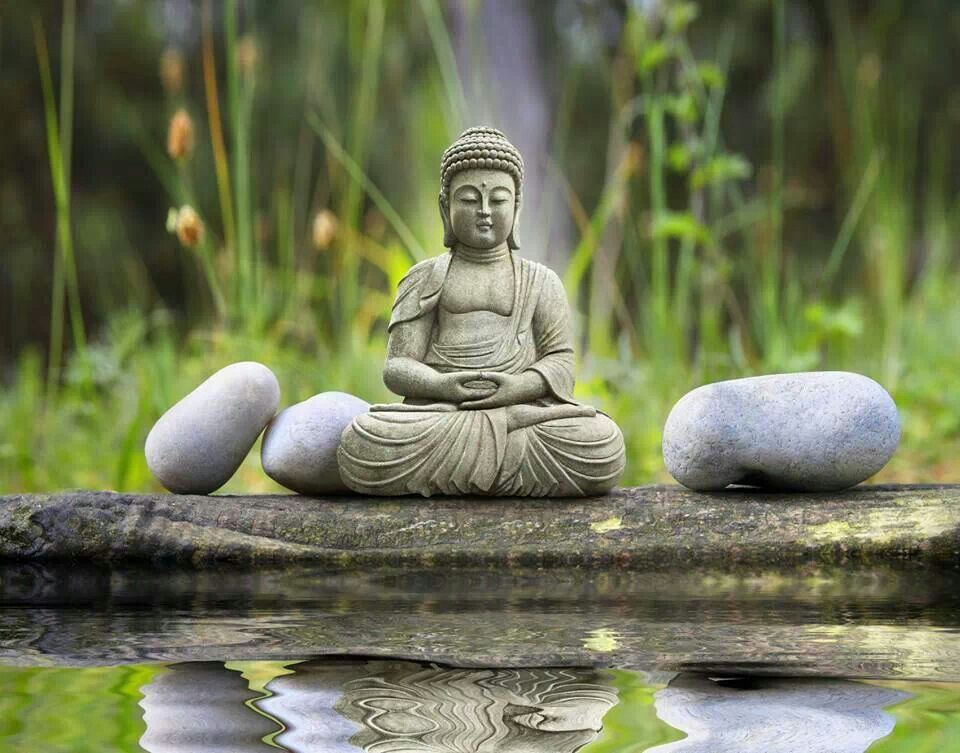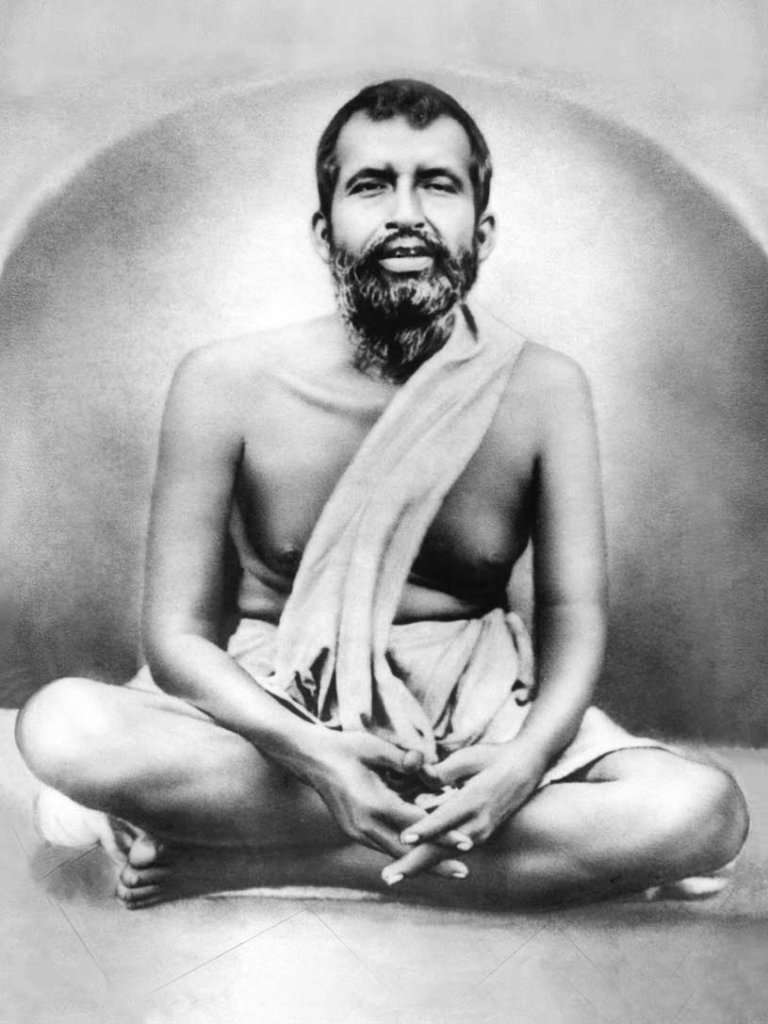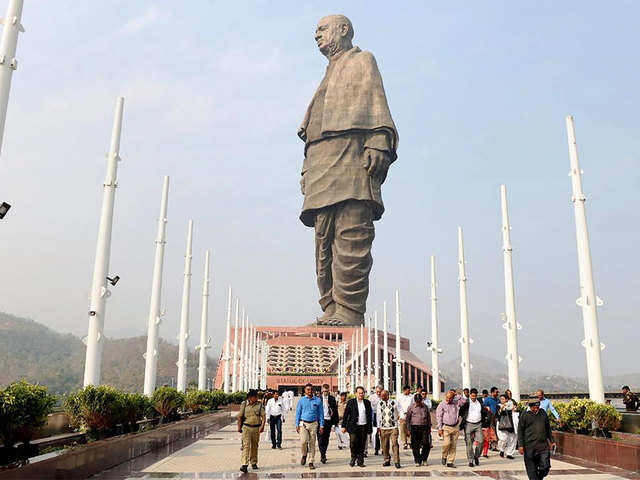A philosopher asked Buddha: “Without words, without the wordless, will you tell me the truth?”
The Buddha kept silence.
The philosopher bowed and thanked the Buddha, saying: “With your loving kindness I have cleared away my delusions and entered the true path.”
After the philosopher had gone, Ananda asked the Buddha what he had attained.
The Buddha replied, “A good horse runs even at the shadow of the whip.”
Be Self-Learner
In the story philosopher asked both without words and without wordless, why? Without words for us is worldless. No it’s not the same. Wordsless dictionary meaning is – You say that someone is wordless when they do not say anything, especially at a time when they are expected to say something.
But philosopher was very clear when he said that wordless he knew the meaning of wordless not speaking. But that was not real for him. True for him. As he knew that when we don’t use the word still we communicate. We are aggressive. More than when we use the words. Also knew that it’s not the True Path.
So when he went to Buddha he asked both that without words and without wordless. As he is the same whether he uses the words or not. For him whether to use the words or not that was not important important thing was how to express my inner being whether I use the words or not.
So when Buddha kept silent he revealed his Emptiness, No-Mind. By his silent he said that let words and wordless come from your Emptiness.
As soon as the philosopher felt the Emptiness, No-Mind he understood, he got his answer how to live in this world through no-mind.
Through the question he wanted to know what is Emptiness. As our body is a gift from our parents but the life to this body is a gift of the universe. Which only can be experienced there is no philosophical or logical answer to it. Through the experience we need to be conscious regarding ourselves. This cannot be taught, it is self learning through self-alertness. In that self-learning you will discover your Emptiness, Universal Self.
If you are self-alert of this moment then only you can act from your Emptiness.
If we ask, “Empty of what?” Answer is “They are empty of a separate self.”
“Emptiness” means empty of a separate self. It is full of everything.
All dharmas are marked with Emptiness. They are neither produced nor destroyed.
Dharmas means “things.” A human being is a dharma. A tree is a dharma. A cloud is a dharma. The sunshine is a dharma. Everything that can be conceived of is a dharma. So when we say, “All dharmas are marked with emptiness,” we are saying, “Everything has emptiness as its own nature.” And that is why everything can be. There is a lot of joy in this statement. It means nothing can be born, nothing can die.
Learning from the story True Path: Be Self-Learner
Experience Learning
According to the 2003 research paper Online Learning: A Learner’s Guide by Guglielno and Guglielno, success in education depends on two main traits: technical competence and efficient self-directed learning. While technical comprehension is easy to grasp with time, self-direction and self-drive is a whole different ball game, according to educators. And if you are going to be a great self-learner, you are going to need a lot of self-direction and self-drive. But aside from that, there is a lot of other skills you will need in order to be a great autodidact. Below are few self-directed learning strategies for you to become a great self-learner.
1. Learn to be in the Present Moment: Realize deeply that the present moment is all you have. Make the Now the primary focus of your life.
Accept — then act. Whatever the present moment contains, accept it as if you had chosen it. Always work with it, not against it.
2. Be Self-Conscious: The quality of your consciousness at this moment is what shapes the future— which, of course, can only be experienced as the Now.
Life will give you whatever experience is most helpful for the evolution of your consciousness. How do you know this is the experience you need? Because this is the experience you are having at the moment.
3. Be Critical Of Yourself: The initial phase of self-directed learning is often easy because motivation is high and material is basic. However, as time goes on the material gets harder and motivation tends to wane. The initial gusto to learn is now replaced by frustration. At this point, most people will quit as they no longer have the motivation or patience to break through the plateau.
It is easy to gain familiarity, it is hard to gain competence. In order to gain competence, you have to stay the course and stick with it. Yes, it may be frustrating and tedious. However, if you truly want to be competent at something then you must have the drive to stay the course and not quit. Quitting should not be an option. If you quit before you are truly competent, then you would have just wasted all that time accomplishing nothing. Be critical of yourself and do not let yourself quit. If you’re a winner, you won’t quit.
4. Assume Responsibility And Accountability: As a self-directed learner, you need to be responsible for the knowledge you gain, meaning it is up to you to learn about the things that you are curious about. If you want to become a successful learner, you do not have to be prodded to find the answers. You must have the initiative to do this by yourself. If you succeed, you get all the credit. If you fail, you get all the blame. It is as simple as that. Be responsible for your own education. Hold yourself accountable for your own failures.
Tags: Be Self-Learner










